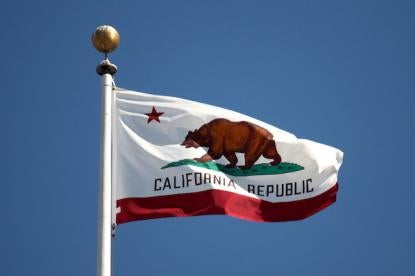As most multi-state employers already know, California is inimical to employer-employee non-compete agreements; indeed, the state even has a statute saying as much. Consequently, many employers tend to surrender before imposing any restrictions on departing workers in California. But, there’s hope. A recent decision from the U.S. District Court for the Northern District of California (Fidelity Brokerage Services, LLC v. Brett Rocine, Case No. 17-cv-4993-PJH) provides some solace for businesses trying to fend off competition from faithless employees in the Golden State.
The facts of this particular case are familiar. As a condition of his employment, the employee signed a non-disclosure agreement that prohibited him – for one year after his separation from employment – from using any confidential company information, including information relating to customers, for soliciting a company client to move their business away from the employer.
After working with the company and calling on clients, the employee abruptly announced his departure. When his first employer discovered the former employee had gone to work for a direct competitor and was calling on and soliciting the very same customer, the company sent a cease and desist letter. They reminded him of his promise not to use confidential customer or account information. The employee, however, denied any wrongdoing.
The first employer sued, alleging breach of contract and misappropriation of trade secrets. The company also requested entry of a temporary restraining order against the former employee and his new employer. The company supported its position by presenting evidence that the employee had called specific customers following his departure to get them to switch to the competitor.
The first employer won. The court granted its request for a temporary restraining order, concluding that the employee must have put together a list of customers from memory after his departure and then looked up their contact information. The court rejected the employee’s counter-arguments that the contact information was publicly available, reasoning that he would not have known which customer names to look up had he first not obtained those names during his employment – which was confidential and thus protected under the parties’ contract.
The case provides two key lessons for employers. First, under the right circumstances, nondisclosure provisions can be enforced against former employees working for competitors – even in otherwise non-compete hostile states such as California. Second, preparation in these types of cases is critical. The fact the employer collected evidence supporting its position and used that evidence played a decisive role in persuading the court. Had that leg-work not been done, the result could have been very different.



 />i
/>i
